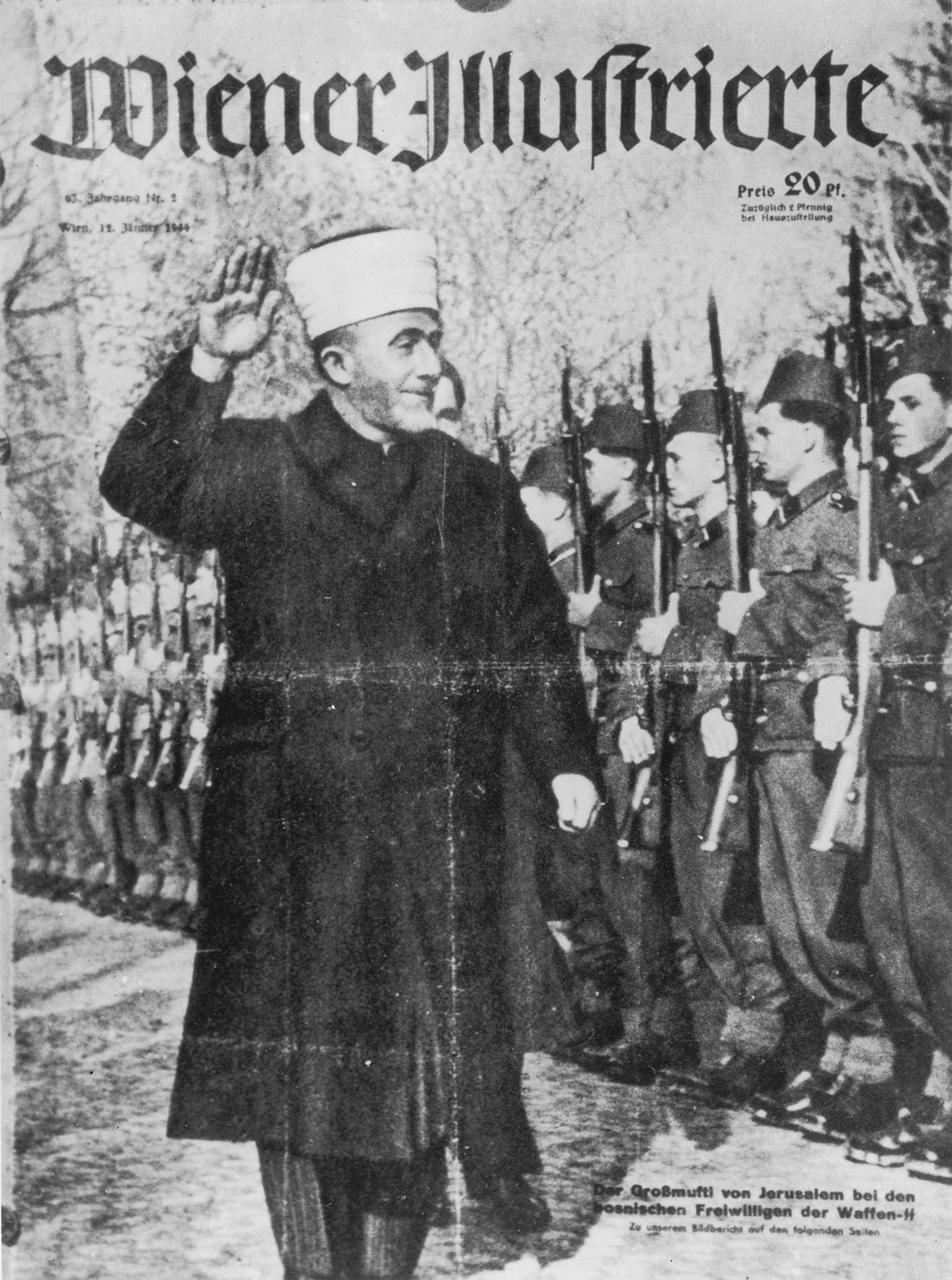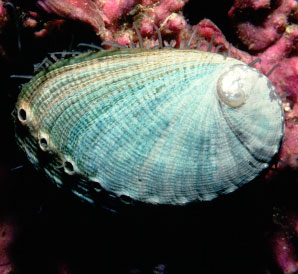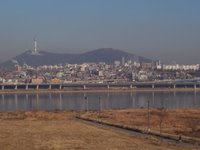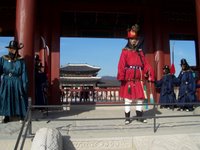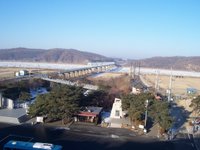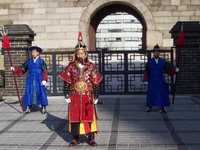 As far as biblical parchments go, none have quite the cachet or mystique as the Dead Sea Scrolls. The name alone, so exotic and so exquisite - with its subtle hint of a drowning afterlife – is redolent of magic and mystery. Their history has also contributed to a glowing legend.
As far as biblical parchments go, none have quite the cachet or mystique as the Dead Sea Scrolls. The name alone, so exotic and so exquisite - with its subtle hint of a drowning afterlife – is redolent of magic and mystery. Their history has also contributed to a glowing legend. They were discovered in Qumran on the east bank of the Dead Sea in Jordan in 1947 and they were quick to capture the public imagination. This was heightened because of excessive secrecy involving the deciphering of the material and the length of time it took for them to enter the public domain.
The vacuum of time created a rich volume of conspiracy theories. Most notable of the works of the time was ‘The Dead Sea Scroll Deception' by Bagnent and Leigh (who also co-operated to conjure up the nonsense of the Holy Blood and the Holy Grail in which the Scrolls also had a starring role) which claimed the Vatican was deliberately suppressing the scrolls.
Now that they have finally been released, most of the theories have been unmasked as nonsense – not least because the scrolls mostly deal with events BEFORE the life of Jesus. What they do tell us about are the origins of Jewish christianity and the impacts of Greece and Rome on the Near East.
The scrolls were found in a number of caves scattered along the inaccessible cliff-faces that dot the region. According to Stephen Hodge (who writes about them in the excellent and unbiased ‘The Dead Sea Scrolls: An Introductory Guide’) they can be divided into three sections. They are the Biblical works, the Sectarian works and the Non-Sectarian works. The Biblical works contain copies of the Penteteuch (the Torah or the first five books of the Old Testament: Genesis, Exodus, Leviticus, Deuteronomy and Numbers), the Psalms and also cover non standard books such as the book of Enoch which is not included in the Old Testament canon. It also contains the Book of Jubilees covering the existence of evil in the world and also various pieces of eschatological writing.
The so called Sectarian works are probably the works of the mysterious sect called the Essenes. Hodge is not one hundred percent certain that it is the work of the Essenes and prefers to simply call them ‘The Community’. It concerns their teachings and disciplines and what is called ‘Pesher’ which is the expounding and interpretation of prophecies.
The third part of the Scrolls are the Non Sectarian works. The main work in this category is the Temple Scroll concerning the building and use of a vast temple. There are also works related to a Hebrew calendar. The scrolls date from 380 BC (the testament of Qahar) to 60 AD (the Thanksgiving Hymns).
The scrolls are the only known surviving Biblical works that predate 100 AD.
Flavours of Vladimir
“I am the shadow of the waxwing slain
by the false azure of the window pane”
I got stuck after 2 lines of Pale Fire
Nabokov’s flame could shoot me no higher
wondering, waxwing, butterfly, right?
Powerful suicidal folly in a false glass night
Until the dictionary made me out a liar
Pointed it out as a feathered flier
This waxy wing wanes as passerine songbird
Cross-referenced to perching this other new word
So two lines blazed a trail of ignorance
Perhaps just put down to casual chance
But before I commit to flagging standard
Of stumbled-upon knowledge deliciously rendered
What life lessons can it possibly show
Will out of little corniness, great jokes grow?
Dismiss it absolutely with spluttering adorn
Call it mealy-mouthed, great cereal “Killer Corn”
A wrestling tag with its own finality
A great plant damned with banality
A trial trivialised by rampant sensation
Pronounced abundantly guilty by association
Found in the vicinity of a rustic deception
Accessory after the fact of gauche perception
saccharine sophisticates pour out sweet scorn
on folks unluckily not so urbane born
yokel attributes to plants compared
and mirrored back to paradox squared
absurdity chained to another corny atrocity
‘corn ball’ stupid in its cloying ferocity
enslaved in a deep southern dessert sleaze
honeychile, another ball a popcorn and molasses, pullease
it makes me want to reach for an emetic
rather than humour this sad diabetic
time to play my occasional bit part
a sticky passion for a tired rhubarb tart
windows overlooking almost everything
set in motion by a dead waxwing
